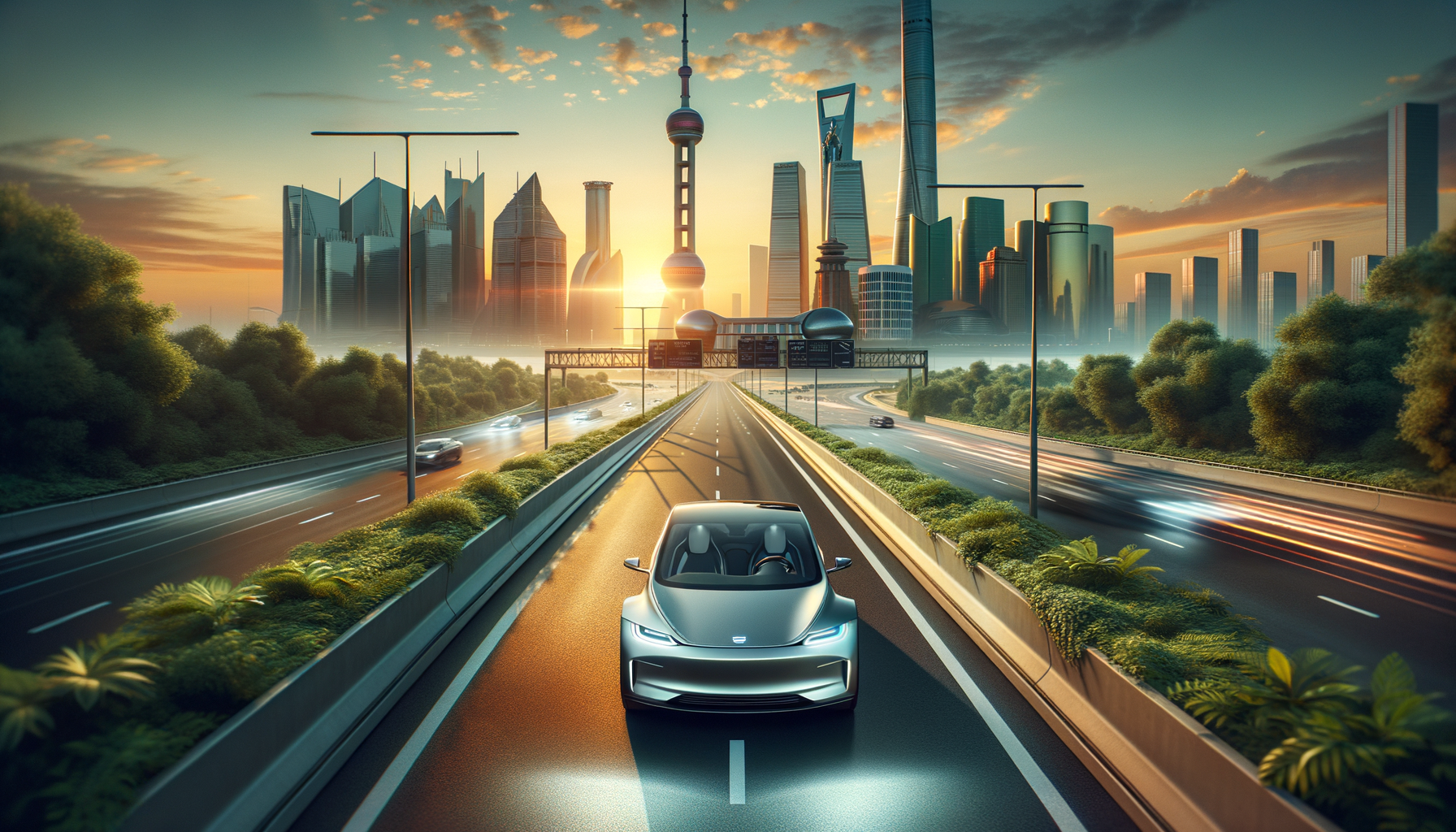The Rise of Electric Vehicles: A Historical Perspective
The journey of electric vehicles (EVs) is not as recent as one might think. In fact, the inception of electric cars dates back to the 19th century, when innovators in the United States and Europe began experimenting with battery-powered vehicles. However, the internal combustion engine soon overshadowed these early electric models due to its superior range and power. It wasn’t until the late 20th century that environmental concerns and technological advancements rekindled interest in EVs.
By the 1990s, the automotive industry saw a resurgence of electric car development, driven by the need to reduce emissions and decrease reliance on fossil fuels. This era marked the beginning of a new chapter for EVs, with several automakers introducing concept cars and limited-production models. Yet, it was the early 21st century that truly witnessed the commercial viability of electric vehicles, thanks to breakthroughs in battery technology and increasing consumer awareness of environmental issues.
Today, fully electric cars are not just a niche market but a growing segment of the automotive industry. With governments worldwide implementing stringent emission regulations and offering incentives for electric vehicle adoption, the stage is set for electric cars to play a significant role in the future of transportation.
Technological Advances Fueling Electric Car Adoption
The rapid advancement in technology has been a major catalyst for the adoption of fully electric cars. One of the most significant breakthroughs has been in battery technology. Modern electric vehicles are equipped with lithium-ion batteries that offer higher energy density, longer life, and faster charging times compared to earlier models. These improvements have significantly increased the range of electric vehicles, addressing one of the main concerns consumers had: range anxiety.
In addition to battery advancements, the development of efficient electric motors and regenerative braking systems has further enhanced the performance of electric vehicles. These innovations allow EVs to recover energy during braking, which is then used to extend the vehicle’s range.
Another key technological advancement is the integration of smart features and connectivity. Many electric cars are now equipped with advanced driver-assistance systems (ADAS), autonomous driving capabilities, and seamless smartphone integration, offering a modern and connected driving experience. These features not only improve safety and convenience but also make electric cars more appealing to tech-savvy consumers.
Environmental Impact: A Greener Future
The environmental benefits of fully electric cars are among their most compelling features. Unlike traditional internal combustion engine vehicles, electric cars produce zero tailpipe emissions, which significantly reduces air pollution and greenhouse gas emissions. This is particularly important in urban areas, where air quality is a major concern.
Moreover, the shift to electric vehicles supports the transition to renewable energy sources. As the electricity grid becomes greener with the integration of solar, wind, and other renewable energies, the overall carbon footprint of electric vehicles continues to decrease. This creates a positive feedback loop, where increased adoption of electric cars drives demand for cleaner energy, further reducing emissions.
However, it is important to consider the entire lifecycle of electric vehicles, including battery production and disposal. While the manufacturing process of EVs can be resource-intensive, ongoing research and development aim to improve the sustainability of battery materials and recycling processes. This holistic approach ensures that the environmental benefits of electric cars are maximized throughout their lifecycle.
Economic Implications and Market Dynamics
The economic landscape of the automotive industry is undergoing significant transformation with the rise of fully electric cars. One of the primary economic benefits is the reduction in fuel costs for consumers. Electric vehicles are generally cheaper to operate than their gasoline counterparts, as electricity is often less expensive than gasoline, and EVs require less maintenance due to fewer moving parts.
From a market perspective, the growing demand for electric vehicles has spurred competition among automakers to innovate and capture market share. This competition has led to a wider variety of electric models, catering to different consumer preferences and budgets. Additionally, the increase in production scale has driven down the costs of electric vehicles, making them more accessible to a broader audience.
Governments also play a crucial role in shaping the market dynamics of electric vehicles. Many countries offer incentives such as tax credits, rebates, and grants to encourage the purchase of electric cars. These policies not only support consumer adoption but also encourage automakers to invest in electric vehicle technology and infrastructure.
Challenges and the Road Ahead
Despite the promising future of fully electric cars, several challenges remain. One of the primary hurdles is the development of charging infrastructure. While urban areas are seeing an increase in charging stations, rural and remote locations still face limited access, which can deter potential buyers.
Battery technology, although advancing, still poses challenges in terms of cost, range, and charging time. Research is ongoing to develop next-generation batteries that are more efficient and sustainable, which will be crucial for the widespread adoption of electric vehicles.
Consumer perception and education are also vital. Many potential buyers are still hesitant due to misconceptions about electric vehicles’ performance, reliability, and overall cost. Addressing these concerns through education and transparent information is essential for increasing consumer confidence in electric cars.
Looking ahead, the future of electric vehicles appears bright, with continued advancements in technology, infrastructure, and policy support paving the way for a more sustainable and efficient transportation system. As the world moves towards cleaner energy solutions, fully electric cars will undoubtedly play a pivotal role in shaping the future of mobility.








